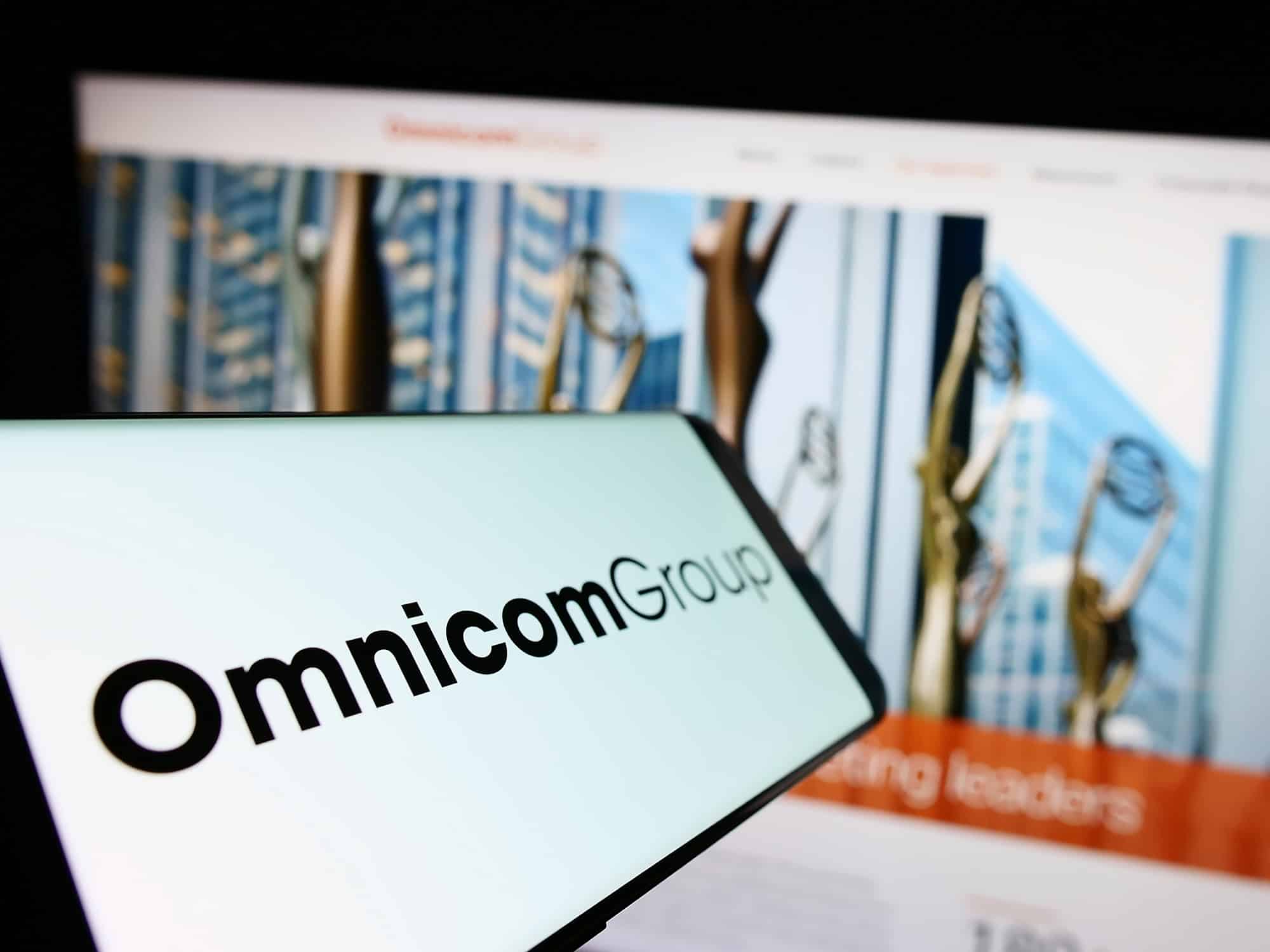Omnicom’s proposed deal to take over rival Interpublic is set to form the world’s largest advertising agency should it win regulatory approval.
The agreement, announced Dec. 9, would see Interpublic shareholders receive 0.344 Omnicom shares for each share of Interpublic common stock they own.
Omnicom shareholders will hold 60.6% of the potentially combined entity, and the transaction is forecast to generate substantial cost savings of $750 million.
John Wren, who will remain the chairman and CEO of Omnicom, expects the deal to pool complementary data and technology platforms.
The merger is also looking to be more competitive with new technologies such as artificial intelligence, as both parties believe that the agreement would allow them to offer an exceptional range of services for clients.
However, continued talks are scheduled on how the companies will function post any regulatory endorsement.
Omnicom entered the deal in good shape, having delivered strong results for the third quarter of this year with 6.5% of organic revenue growth, with a net income of $385.9 million.
Whereas an analyst’s note from Morgan Stanley revealed that New York-based Interpublic is expected to see a revenue decline in 2025.
It’s a deal that may change the landscape of the industry, as the combined company would eclipse Publicis and WPP as the world’s largest holding companies.
Also, the completion of the merger could also bring about a changing of the guard, in terms of the regional balance of power from Europe to the United States.
Of course, the sheer size of the deal may create barriers to receive the necessary regulatory approval.
In 2013, Omnicom, also based in New York, planned to purchase Publicis. The idea was scrapped a year later due to the slow pace of the completion of the deal, as the scrutiny became too great to overcome.
Initially, this second merger attempt caused many to doubt its merits, with analysts flagging up competition concerns and how the agreement would result in conflicts of interests between the companies’ clients. Whether regulators under President-elect Donald Trump’s administration will overlook those challenges remains to be seen.




